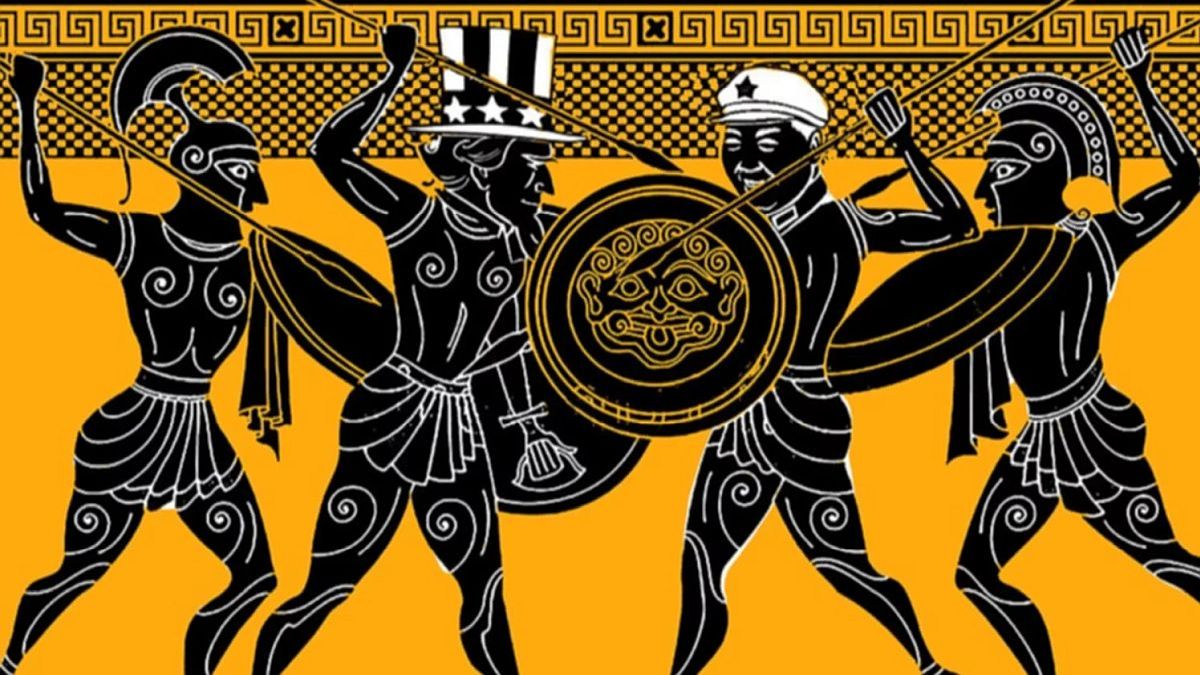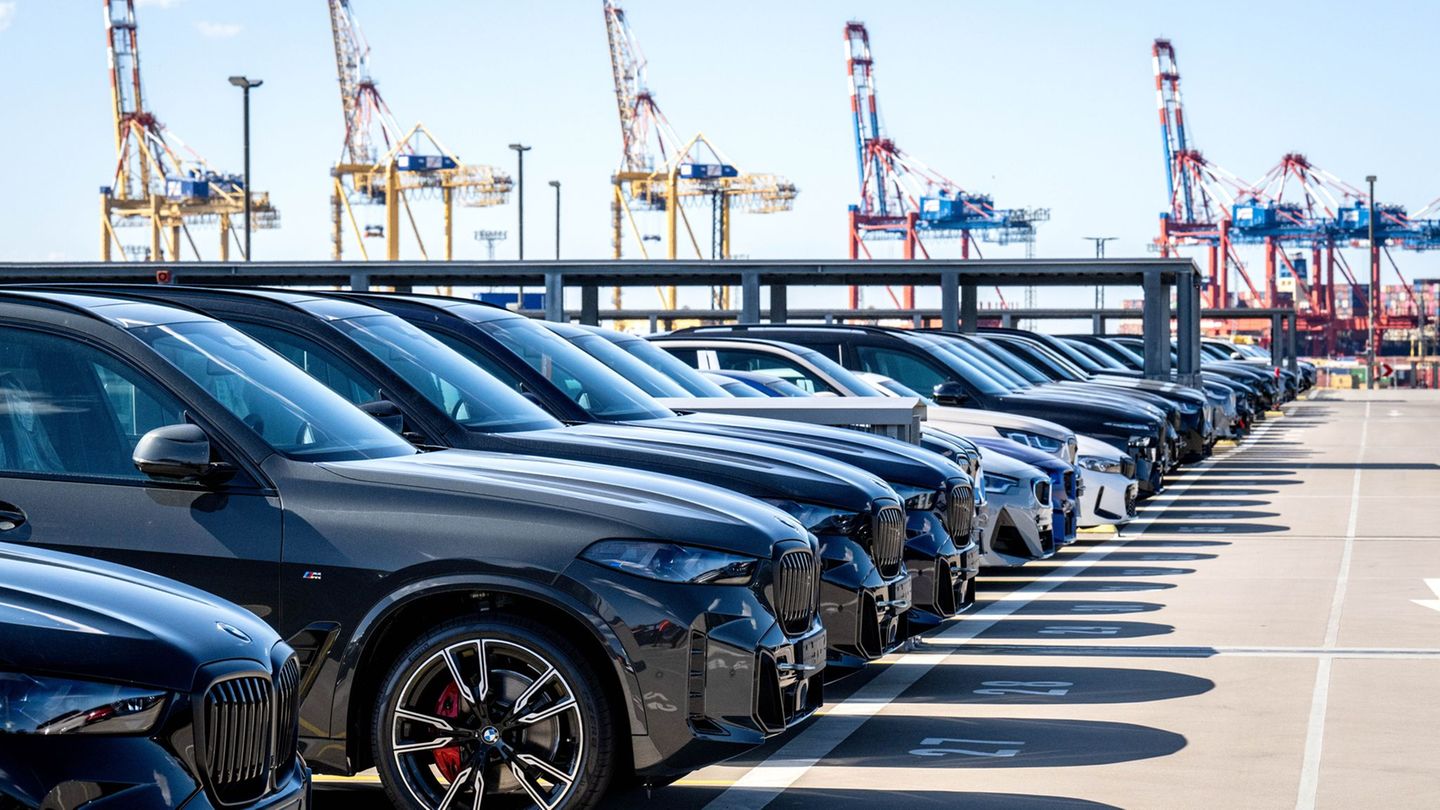Over the last decade, the international system has been configured in such a way that it is increasingly polarized between two blocks that dispute the leadership of the world order.
A few years ago, the American political scientist Graham T. Allison popularized the expression in his 2017 book Destined for War. “Thucydides Trap” to refer to the risk of war generated by the fear of losing hegemony when a rising power rivals a ruling power, in the same way that Athens challenged Sparta in ancient Greece, or as Germany did to Great Britain during the first part of the 20th century. In his work, Professor Allison asked whether the United States and China could escape this trap and avoid a superpower war.
The content you want to access is exclusive to subscribers.
A decade ago, relations between United States and China They began to show increasing levels of tension, although a direct clash between both powers seemed hypothetically far away. But, Over the last decade, the international system has been configured in such a way that it is increasingly polarized between two blocks that dispute the leadership of the world order.. On one side, the bloc led by the United States, the Anglo-Saxon nations, the EU, Israel, Japan, South Korea, Taiwan and on the other, the Eurasian bloc made up of China, Russia, Iran, Syria and North Korea.


Most of the nations that I have not mentioned do not make up an optional third bloc, but rather seek to maintain a balance between both blocs, depending on their identities, interests, opportunities or threats, such as Brazil, India, Turkey, Mexico. and Saudi Arabia, among others. Thus, in a fractured and polarized international order, a global political, economic, financial, technological and military dispute is being waged, which has been escalating into medium-intensity war actions, especially in the regions of Eastern Europe and the Middle East.
It is likely that a direct military clash of medium intensity between Israel and Iran could lead to a domino effect in the Middle East region with global implications of greater repercussion than the conflict in Ukraine, especially due to the supply of oil worldwide and its effects on international energy prices. But, it would also be necessary to consider how an escalation of this conflict could affect the fragile stability of actors in tension such as North and South Korea as well as China and Taiwan.
In strictly realistic terms, although the period of liberal and mostly Western hegemony has ended, a multipolar order has not emerged either, because there are two blocks in tension, so we could identify this new state of affairs as the formation of a International system “hybrid bipolar” which, unlike the “Cold War” (1945-1990) in which bipolarity was led, indisputably, by Washington and Moscow, in this case the definition of leadership is more complex and requires greater analysis, especially in the Eurasian border.
Professor Allison postulated in his 2017 work that the rapid and challenging rise and influence of China could lead to an escalation of tensions with the United States, but a few years later, this scenario has become more complex, more unstable while that a dispute with global reach that seemed distant, today seems to be increasingly feasible.
In this new hybrid bipolar international order, the institutionalization of dialogue, consensus and crisis management mechanisms between China and the United States will be increasingly essential to avoid falling into the “trap” of a war escalation with global implications.
Candidate for Doctor in International Relations at IRI – UNLP and Professor at the Department of Social Sciences at UNDAV. @FeVaccarezza
Source: Ambito
David William is a talented author who has made a name for himself in the world of writing. He is a professional author who writes on a wide range of topics, from general interest to opinion news. David is currently working as a writer at 24 hours worlds where he brings his unique perspective and in-depth research to his articles, making them both informative and engaging.




